Why Blockchain Is The Greatest Invention Of 20th Century!
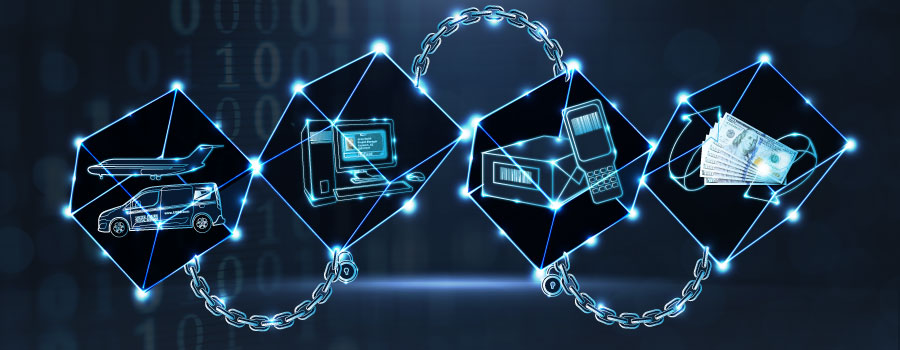

PREVIOUS POST
NOKIA - From nowhere to Everywhere and then back to nowhere - Journey of 150+ years

Hi Steemians, welcome to yet another post regarding blockchain. Blockchain, in my opinion is one of the greatest inventions of twentieth century. Don't confuse blockchain with cryptocurrency, these are two different things. Cryptocurrency may be dependent on blockchain, but blockchain can sustain without a currency attached to it. So without further ado, lets dive directly into it.
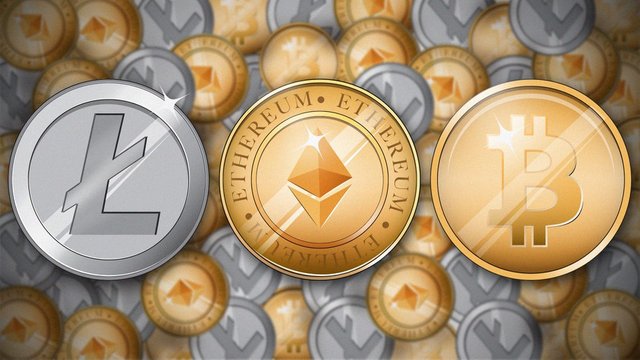
Shortly after the 2008 global financial crash, a mysterious white paper emerged from an unknown entity, a person or group calling themselves Satoshi Nakamoto. In this mysterious white paper a new peer to peer financial system was discussed. It was to use a digital cryptocurrency called Bitcoin. It was an omen to people being sick of centralised power meddling with economic systems. Many perceive this new system as a better way of doing things. The technology invented to power this new system was called Blockchain and Nakamoto's paper was its grand unveiling.
In this post we will talk about some exciting implications of this technology and the impact it could have on all of our lives.
So what is Blockchain?
it's the underlying technology behind cryptocurrencies like Bitcoin and Etherium, but its uses go far beyond that. It all sounds complicated but let me try and break it down to one sentence.
Simply put Blockchain is a continuously updated record of who holds what. These records are split into link blocks and then secured using cryptography.
The cryptography part just means that you can be sure about the records. This is dubbed as automated trust or trust that's inherently built into the system. The list of records known as a distributed Ledger is decentralised and available to everyone to see and verify. In addition the blockchain is tamper evident and unhackable due to its distributed nature. Everyone knows when a block has been messed with because it is rejected by the rest of the system.
Blockchain has a social perception strongly related to Bitcoin and other cryptocurrencies and most people view the Blockchain as something for intellectual tech savvy criminals or people that are anti-government but the emerging truth is that the Blockchain has applications far beyond cryptos and as a whole will be nothing short of revolutionary.
Blockchain is just a special type of data repository that is in itself tamper evident.
Dr Adrian McCullough - PHD IT Security
Blockchain technology is being called the next stage of the Internet by many. But I believe that this is now the next generation of the Internet and that it holds vast promise for every business, every society and for all of you individually.
Don Tapscott
Let me break it down. Our current Internet is an Internet of information. It's based on the concept of copying and distributing information. Be it video, e-mail or data, all of these are copies, for example if you want to watch a video on YouTube or receive an email, you're looking at a digital copy of the original. But what if we take this further to the next stage. What about assets that provide real value like contracts such as a house or car ownership, a stock, a bond, money, votes or digital identities. The problem is you don't want to have these things as copies, for example or you don't want to send someone $5000 yet still have the original $5000 under your name. This was called the double spending problem by cryptographers. Despite the name this basically means the problem of having two digital copies of something that should only have one unique identity. The cryptography element of the blockchain enable it to be the first technology of its kind to solve the double spending problem. Now for the first time we can build a new stage of the Internet based on real value and this is partly why it's such a big deal.
So where can the Blockchain be applied?
The best place to use Blockchain are places with high possibility of Fraud, an Intermediary or middleman, environments with high Throughput and Stable data FITS
Dr Adrian McCullough
The letter F in FITS is the reason why Blockchain is being used for international finance transactions. The average transaction settlement times can be brought down from two days to fifteen minutes by taking away the intermediary or middlemen ( The letter I in FITS). Throughput (T in FITS) or number of transactions per second is another consideration. It turns out the Bitcoin can only do 10 transactions per second while MasterCard and Visa can do about 80K, but researchers are currently looking into increasing the throughput. Vincent Gramoli has been able to increase the throughput to 400K transactions a second through decentralised computing, using a hundred P.C.'s to do the processing power. And next is the stability of data (the S in FITS). For blockchain application you don't want volatile data. You want things that are going to stay the same for at least a while. Things such as land ownership titles and personal information. So that's the theory about what systems you should look for in regards to using blockchain applications.
But where is the blockchain actually being used today?
Here's a quick fire round of applications underway.
- Blockchain land registries are being looked at in Honduras and Sweden.
- Diamonds are looking to be tracked by the blockchain to stop things like blood diamonds.
- The NASDAQ stock exchange will soon begin a blockchain system to record the trading in privately held companies.
- The Bank of England has stated that the blockchain is a significant innovation that could have far reaching implications in the financial industry.
- Not only this, but six banks including Barclays, Credit Suisse, and H.S.B.C. are all planing on making a single digital cryptocurrency to clear and settle transactions using the blockchain.
- Microsoft is even getting in on the action by building a framework using etherium blockchain.
- On the social media front the Steemit, a Reddit competitor, and its video companion DTube, a YouTube competitor, both are blockchain based platforms where you can get paid in cryptocurrency for creating content. This is showing a new direction in where social media could go.
This is all good, but let's turn things up a notch. Blockchain goes even further when we talk about something called a Decentralised Autonomous Organisation (DAO). Because of blockchain technology we now have the capability to create huge company organisations that are distributed and automated for the first time in history. This is never been done before and could provide new limitless potential. Before the blockchain we were already halfway there. We have organisations like YouTube that are a mix of the old style central management with a decentralised user base creating content. A DAO would have computer code that runs the rules and decisions instead of a central management team at the top. The people in the decentralised network could decide on the rules, form a consensus and create something called a smart contract, basically a set of computer coded rules that a computer would execute later when needed. In other words a DAO is like a democratic company that's automatically run.
A DAO is meant to be decentralised, so it is on the blockchain, there is no central management involved, Autonomous in that the code will run the transaction and it is meant to be some form of organisation. The difficulty from a legal perspective is that no one at this point in time has been able to classify exactly what a DAO is. It may be that in a few years time DAOs will become so popular that legislators will need to create special legislation that recognise what a DAO is, but at this point in time no one knows
Dr Adrian McCullough
Let's take a look at a basic hypothetical example of how this might work but just with one smart contract. Say in the future when the blockchain is readily established, you want to buy a used Tesla Model 3. Traditionally you go to a dealer or an individual, make sure that the details in the history of the car are correct, hassle for a price with the seller, take some money out from the bank, transfer the money, sign a lot of paperwork, wait for the money to clear and then you can finally have the car. This will take around a few days to do. Now, with the blockchain using a smart contract you could have this order all carried out in real time. The car would be uploaded to the blockchain so that you would already know that the details are correct because trust is built into the system. You could buy this car with a cryptocurrency that's attached to your bank account and all the ownership and other details about the car are executed in a smart contract. So everything would happen in a matter of minutes instead of days. Your ownership of the car is now attached to your digital identity on the blockchain. The global records in the blockchain system are now updated so that everybody in the system now knows that this car was sold to you. You can take all of this a step further by linking up different smart contracts into an organisation similar to Airbnb or Uber so the whole process is automatic with writing system to service and customer satisfaction, etc. I hope that you are beginning to see the importance and potential of such technology.
But it is not all rises. Right now there are still some downsides. Malicious smart contracts for example, can theoretically be designed to clog up the entire system. In addition if there are actual coding errors within a decentralised autonomous organisation itself, this could create massive problems. The other thing is that the blockchain is also permanent. Every record of a transaction is stored there for all time and this doesn't sit well for those concerned of privacy and the right to be forgotten. However scholars state that there are going to be some entities called Oracles. These guys would have special clearance to make edits on the blockchain, but overall this is still an issue that needs further looking into. While everyone's focused on the buzz of artificial intelligence, I really think the blockchain is a dark horse that's going under the radar mainly because it's not as romanticised and the concept is a little bit harder to grasp. Regardless, block chain is the next step of the Internet, a complete overhaul of how things in our world are going to be recorded, organised and run.

PREVIOUS POST
NOKIA - From nowhere to Everywhere and then back to nowhere - Journey of 150+ years



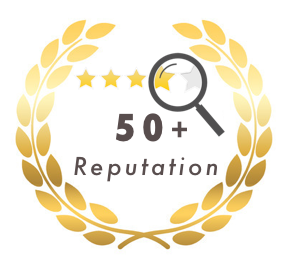 | 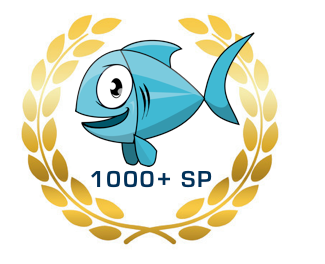 | 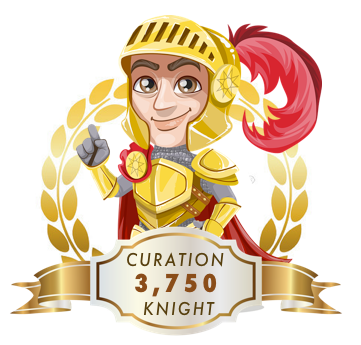 | 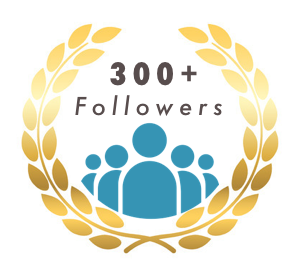 | 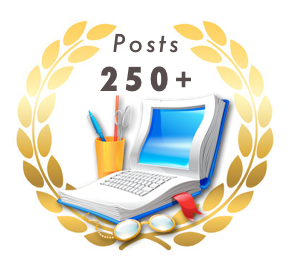 |







I think this is one of the things that piqued my interest the most about this whole block chain concept...thank you for spelling out what the DAO means...its the de centralized part that fascinates me since its a lot like the way "12 step" programs work...with no "leaders" only trusted servants...everyone has a voice...and it really is a powerful system that is so simple but really works incredibly well...wow...to quote John Lennon..."imagine all the people"....
Thanks for a genuine and thoughtful comment
Welcome...
Excellent post, very well articulated. Your articles are always helpful - thank you so much. I'll have to retain this in my brains memory banks.:)
Thank you. A resteem would be appreciated